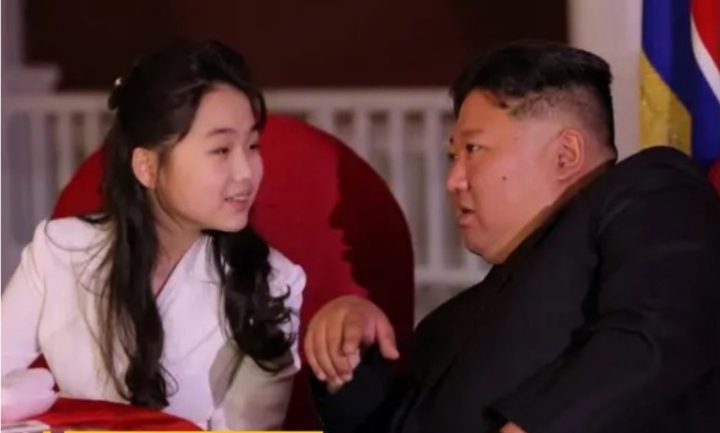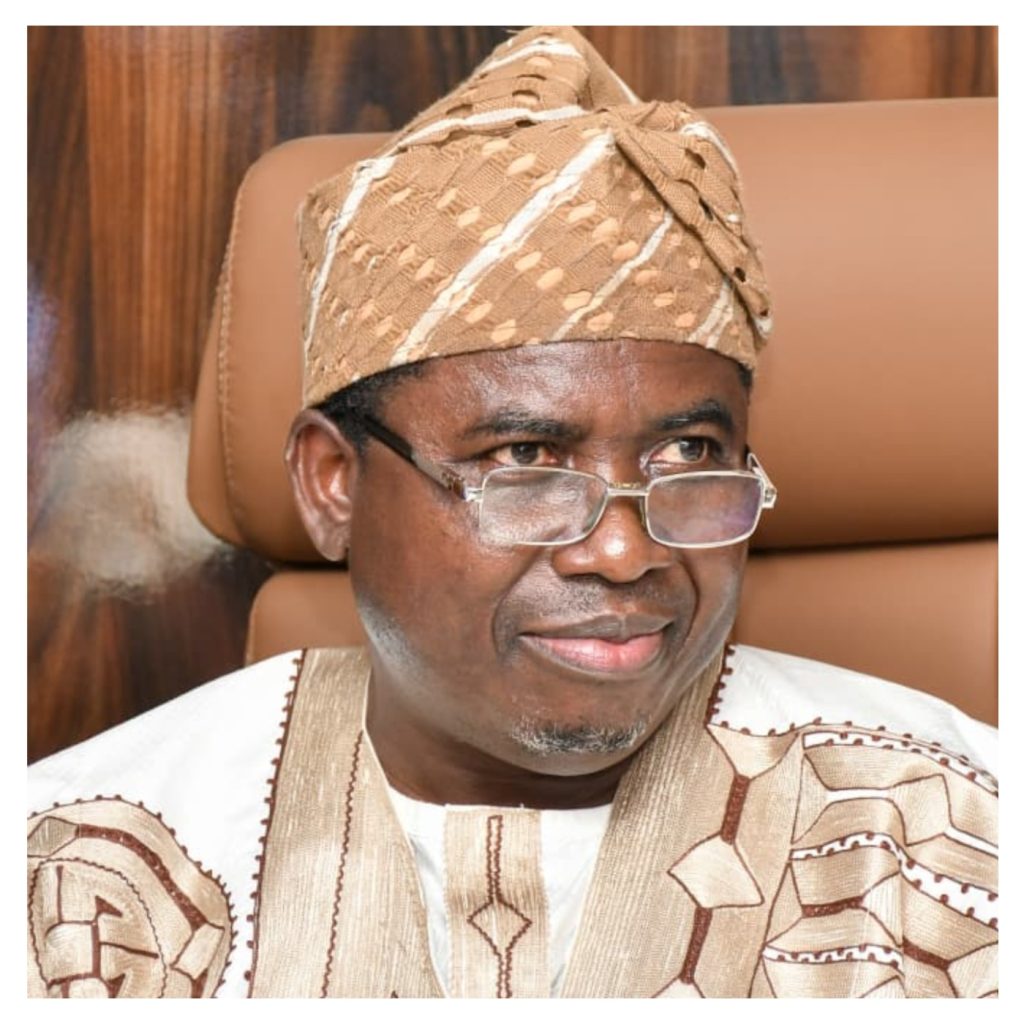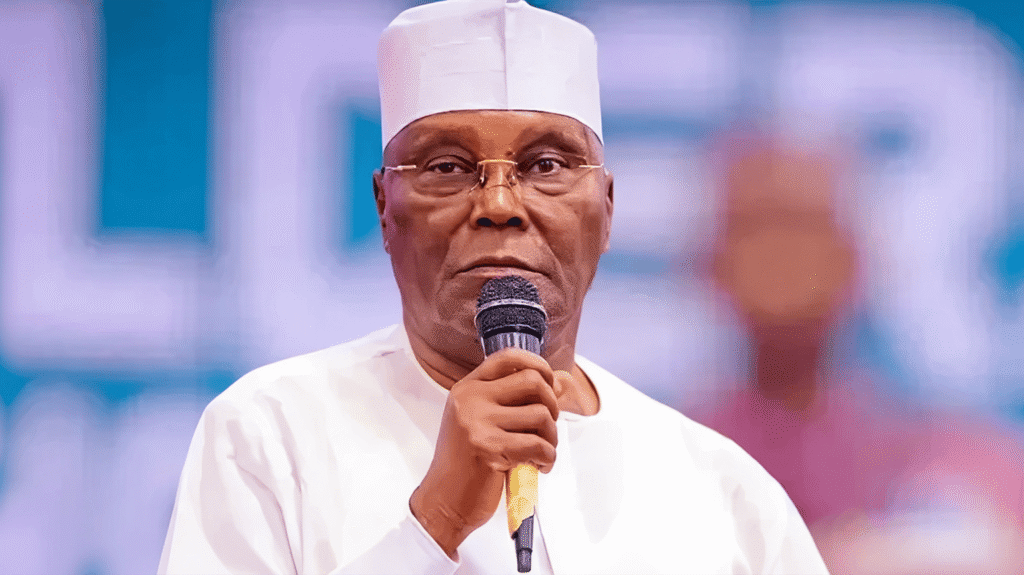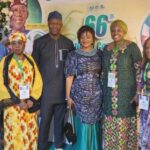Soyinka Criticises Foreign Military Interventions, Calls for Respect for Victims
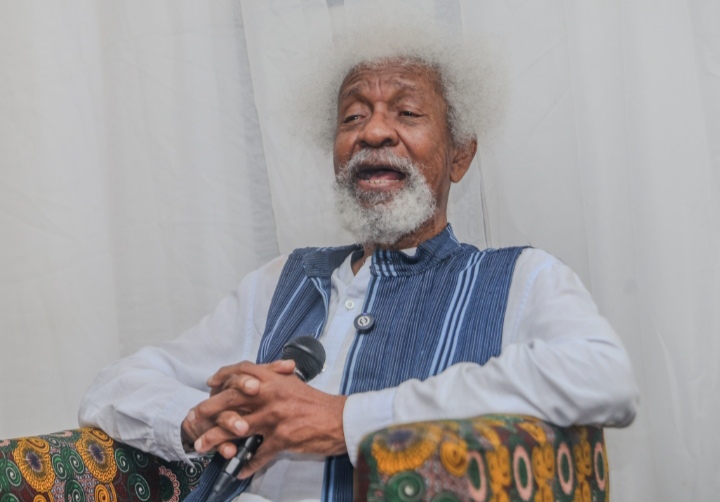
Nobel laureate Wole Soyinka has sharply criticised the attitude and language surrounding certain foreign-led interventions in African conflicts, warning that aggressive, ill-informed involvement often deepens crises rather than resolving them.
Speaking during a public discussion, Soyinka questioned the logic behind what he described as a “violent saviour complex,” where external forces announce their intention to “help” without understanding local realities.
According to him, no responsible actor should “open their mouth and say, ‘I’m coming to help you whether you like it or not,’” especially while displaying what he called “poor, almost non-existent analysis” of the underlying complexities.
He faulted the notion of barging into troubled regions “with guns ablaze,” promising interventions that would be “fast, vicious, and sweet.” Such rhetoric, he argued, is not only reckless but reveals a disturbing lack of judgement.
Soyinka questioned whether anyone who speaks in such terms can be considered capable of sound leadership. “Is that the language of somebody whose head is correct?” he asked pointedly, suggesting that arrogance and force-driven strategies cannot substitute for thoughtful, context-driven solutions.
While acknowledging that every government has a fundamental duty to protect its citizens and safeguard their welfare, Soyinka insisted that such responsibilities must be carried out with empathy and respect. He emphasised that victims of violence and communities living through prolonged instability deserve not only protection but also dignity.
“What I expect at the very least is respect for victims and for those genuinely working to find lasting solutions,” he said. He noted that many local actors—community leaders, civil society groups, negotiators, and humanitarian organisations—are deeply invested in resolving conflicts, yet their contributions are often ignored or undervalued by external forces pursuing militarised agendas.
Soyinka’s remarks add to a growing conversation about the nature of international interventions in Africa, particularly regarding whether foreign governments and multilateral organisations approach crises with adequate understanding, cultural sensitivity, and long-term commitment. His comments underscore the need for collaborative, intelligence-driven responses rather than impulsive force.
As debates over security, sovereignty, and international engagement continue, the Nobel laureate’s intervention serves as a reminder that long-lasting peace cannot be imposed through intimidation or simplified narratives, but must be built through respect, knowledge, and genuine partnership.


